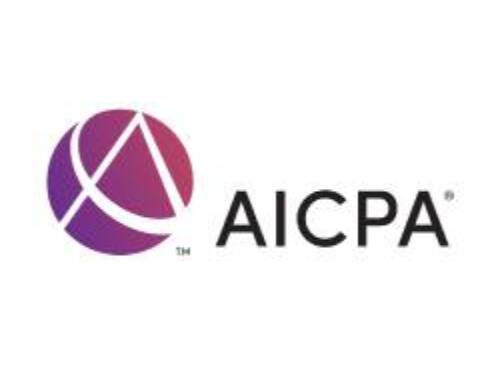Keep up with all SCACPA updates specific to the COVID-19 situation at www.scacpa.org/covid-19-response-and-resources
SCACPA hears your frustration around providing services to your small business clients as they apply for Paycheck Protection Program loans being issued through the Small Business Administration.
Many firms want to be recognized as an agent for the client and be compensated for their services under the agent fee section of the PPP guidance, but are concerned they will not receive payment from lenders.
AICPA guidance released last week supports firms that provide advice, guidance and support outside of loan preparation assistance, as defined under the program. The fees related to this work would be billed to and paid by the client. This is not new – firms have provided small business assistance, advice and guidance for years as clients have applied for loans with the SBA. This was done in the normal course of business for the firm and can still be done today. SCACPA encourages you to provide small businesses the guidance they need.
As with other SBA loans, the PPP also provides opportunities for the CPA to be an agent, including assisting a small business client by preparing the PPP loan application and supporting documentation. The definition of an agent within the SBA materials is essentially the same definition the SBA has had in place for years. What is new is the sliding scale agent fee specifically to be paid out of the lenders fee.
SCACPA and the AICPA support CPAs being the agent when it is the appropriate course of action.
But there are areas to be aware of in entering this type of engagement:
- For assurance clients, being an agent impairs independence. If you wish to keep this assurance relationship, SCACPA suggests you do not act as an agent or sign as the authorized representative on a client’s PPP loan application. Make no certifications as to the information the small business is providing with the application. Advising your client, however, is totally appropriate, and SCACPA encourages it.
- The law is clear that agents cannot collect a fee from an applicant but must instead collect a fee from the lender. If you choose to be an agent, SCACPA suggests you contact the lender before embarking on the engagement and get a written agreement with them so you get paid. You should have a conflict waiver in the agreement with the lender, just like in your loan assistance engagement letter with the client. Disclose this arrangement with your client as well.
- Firms generally do not sign their clients’ loan applications. In those instances in which you do sign, you should obtain a hold harmless/indemnification agreement from the client relating to client-provided information, and state that you are not making or joining any of the client’s certifications in the application.
Read the SBA’s six-page, 20-question frequently asked questions about Paycheck Protection Program loans here.
Visit the AICPA Coronavirus Resource Center at aicpa.org/coronavirus.




